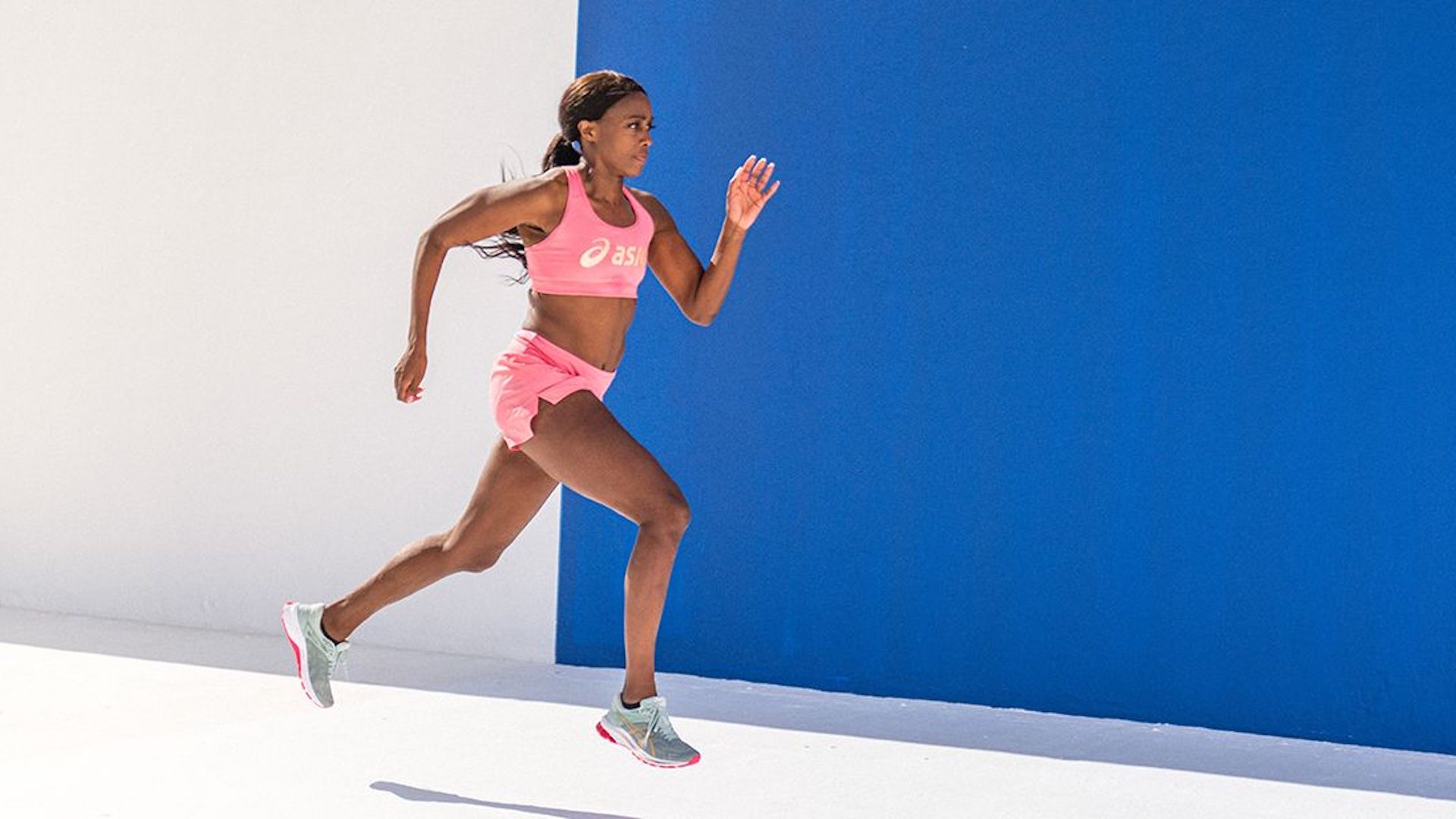New study by Asics reveals that women would like to exercise more, if society would let them
Most men apparently still think women stop exercising because they don’t actually like it, but women have a whole different story about the barriers placed on them

All the latest inspiration, tips and guides to help you plan your next Advnture!
You are now subscribed
Your newsletter sign-up was successful
A new study commissioned by Asics exploring women’s exercise levels and their mental wellbeing reveals that while woman who exercise regularly are generally happier, over 51% of them either stop exercise or are forced to reduce their regime to less than they’d like.
And while the women in the study cited practical obstacles as the reasons, 54% of men surveyed believed that women drop out of exercise because they don’t enjoy it, while only 34% of men recognized lack of time as a barrier to exercise for women, despite 74% of women citing the issue.
Other commitments, cost of coaching, low self-confidence, intimidating environments, gendered expectations and caregiving responsibilities were other issues in the way of women exercising as much as they’d like to
Released a week before International Women’s Day (March 8th) the study was led by Dr Dee Dlugonski, assistant professor at Sports Medicine Research Institute at the University of Kentucky, and Brendon Stubbs, associate professor at King’s College London, and involved 24,959 participants worldwide. The results found that over half of women globally are dropping out or stopping exercise completely, which may have a negatively impact on their mental health.
(We’ve noticed that far fewer women take part in trail running races than men and speculated why.)
The barriers to exercise that women in the study cited include:
- Time pressures 74%
- Motherhood 61%
- Intimidating environments 44%
- Not feeling sporty enough 42%
- Low self-confidence 35%
Focus group participants frequently described how societal expectations about gender roles – including that women should bear the majority of family caregiving, and household responsibilities – played a major part in them stopping exercise.
All the latest inspiration, tips and guides to help you plan your next Advnture!
On the plus side, he study also found that sisterhood was a great motivator. Over a third of women say their friends are their most important exercise influencers, and that they’re more motivated to exercise by women like themselves, rather than celebrities.

The women surveyed also near universally said that they exercised more for their mental health (92%) and physical wellbeing (965) rather than to achieve some aesthetic standard.
“Our study showed that the gender exercise gap is a complex challenge which did not develop overnight,” says Dr Dlugonski. “Given it has no sole cause, it will not be solved with one single solution, but when asked what could help, women noted that making movement more accessible, inclusive and recognized in all forms, while challenging society’s gendered expectations, would support them in moving more.
“This includes making exercise centered around women and their needs. From providing childcare and catering for all activity levels, to fitting around work, being fun, affordable, safe, welcoming and judgement-free. All these solutions, while small, can have a significant impact and through this study we identified thousands of individuals and organizations around the world who are already driving change.”
Tomoko Koda, managing executive officer for Asics, adds, “Asics was founded on the belief that sport and exercise benefit the body and the mind. It’s why we’re called Asics: ‘Anima Sana in Corpore Sano’ or ‘Sound Mind in a Sound Body’. While our study found that many women are not happy with their exercise levels, it also uncovered the tremendous impact that individuals and grassroots organizations are having in helping women to move.”
- The best women’s trail running shoes 2024: for speed on tough terrain
